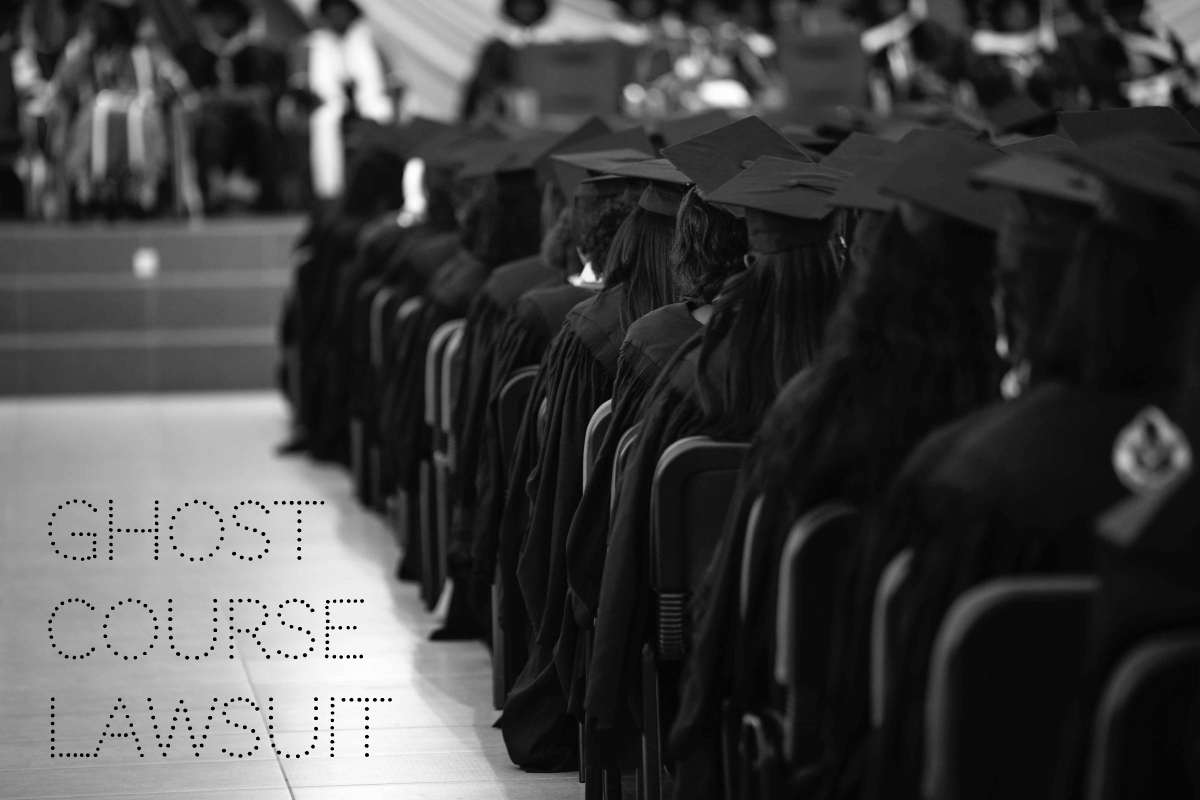Whistleblower Wins Nearly $3 Million in WWU ‘Ghost Course’ Lawsuit
A recent lawsuit has brought to light a significant scandal at Western Washington University (WWU) involving a whistleblower and a ‘ghost course.’ The whistleblower, who identified systemic issues within the university, has been awarded nearly $3 million. This case highlights the importance of transparency and accountability in educational institutions.
Background of the Case
The lawsuit revolves around a ‘ghost course’ that was allegedly created to inflate student credits without any actual coursework or instruction. This practice, uncovered by the whistleblower, raised serious ethical and legal questions about the university’s operations.
The Whistleblower
Jane Smith (name changed for privacy), a former employee at WWU, discovered the existence of the ghost course. She reported that the course was listed in the university’s curriculum but did not have any assigned professor, scheduled classes, or academic content. This course was purportedly used to boost the credit hours of certain students, particularly athletes, to maintain their eligibility and improve graduation rates.
The Lawsuit
Smith filed a lawsuit against WWU, claiming that she faced retaliation after reporting the ghost course. She alleged that the university administrators tried to silence her and eventually terminated her employment. The lawsuit argued that her dismissal was directly linked to her whistleblowing activities, which is a violation of state and federal protections for whistleblowers.
Individuals Held Accountable
University Administrators
Several high-ranking officials at WWU were implicated in the lawsuit. The administrators were accused of creating and maintaining the ghost course to manipulate academic records. These individuals allegedly ignored ethical guidelines and state education regulations in their pursuit of improved institutional statistics.
Athletic Department Officials
The lawsuit also brought attention to officials within the athletic department who were said to benefit from the ghost course. These officials purportedly used the course to keep student-athletes eligible for participation in sports by ensuring they met the required academic credits without attending actual classes.
Legal and Monetary Implications
Monetary Award
After a lengthy legal battle, the court ruled in favor of the whistleblower, awarding her nearly $3 million. This sum includes compensation for lost wages, emotional distress, and punitive damages. The ruling serves as a significant financial blow to WWU and underscores the serious consequences of unethical practices in educational institutions.
Legal Obligations
Beyond the monetary award, WWU is now under pressure to reform its practices. The university must implement stricter oversight mechanisms to prevent similar issues in the future. This includes regular audits of courses and academic records, as well as robust protections for whistleblowers.
Impact and Reforms
The outcome of this lawsuit has prompted a broader conversation about the integrity of academic institutions. WWU has pledged to review its policies and ensure greater transparency in its operations. The university is also working on rebuilding trust with students, faculty, and the public by demonstrating a commitment to ethical practices.
Moving Forward
As part of its reform efforts, WWU is planning to conduct a comprehensive review of its academic programs and administrative processes. This includes establishing an independent committee to oversee academic integrity and implement new protocols for handling whistleblower reports.
Wrap Up
The nearly $3 million awarded to the whistleblower in the WWU ghost course lawsuit highlights the critical need for accountability in higher education. The case underscores the importance of protecting those who expose wrongdoing and ensuring that educational institutions operate with the highest ethical standards. As WWU works to rectify its practices, this lawsuit serves as a reminder of the essential role of transparency and integrity in academia.


